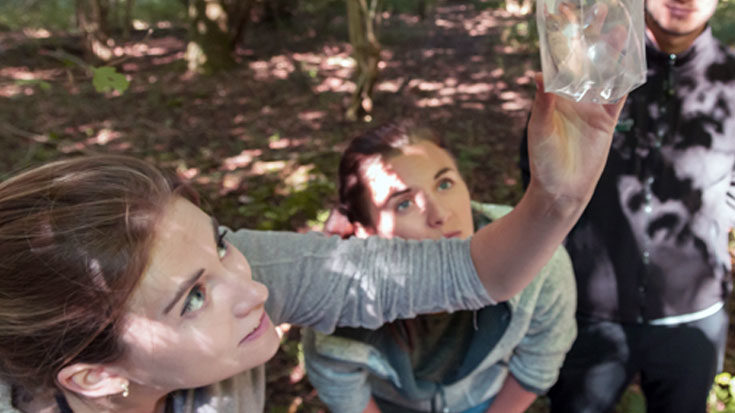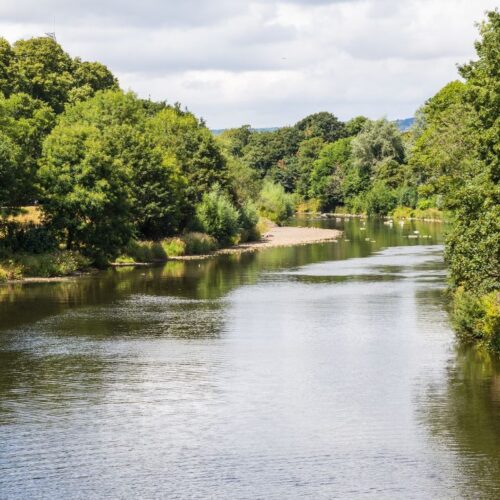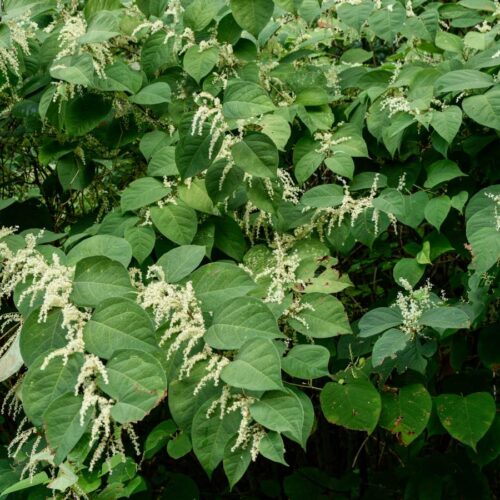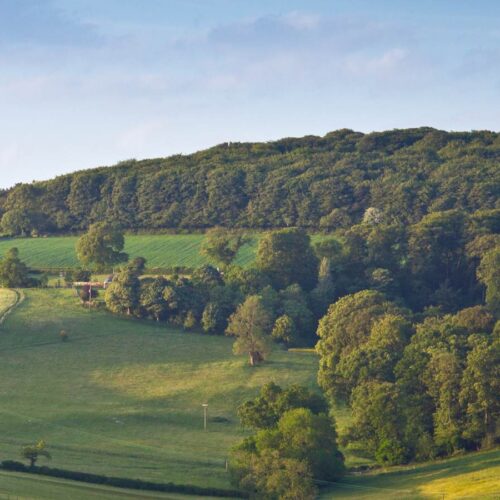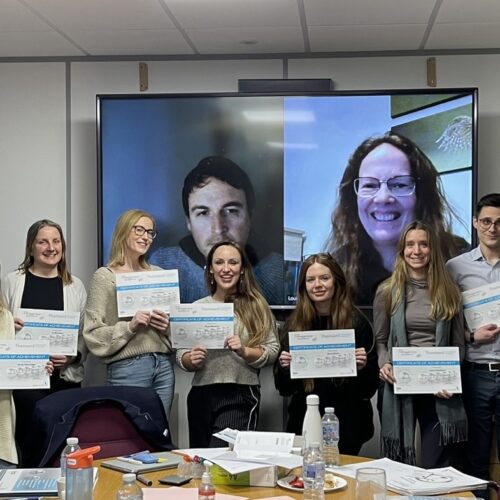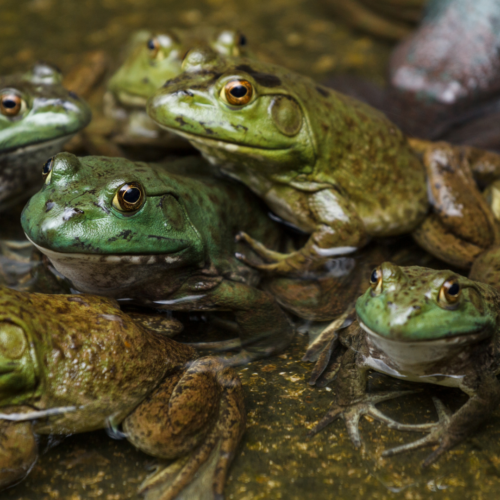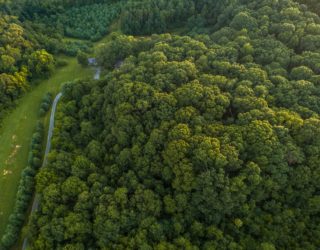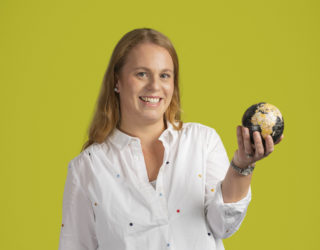For many, especially in ecology, volunteering provides skills which are key in securing a job, or even when searching for a university degree to start them on their journey. But for those who are well-established in their career, it may seem like volunteering has little to offer in terms of enhancing their professional skills or in benefits to the business they operate within.
This could not be further from the truth. As well as being a great way of ‘giving back’, dedicating time to volunteering can bring many rewards which will help to advance a person’s career. Equally, for a business this can provide its clients with confidence that the people carrying out its work are well versed in all aspects of ecology, aligned with its values, and in touch with the local community. So how does volunteering help ecologists at Thomson conduct successful client work, while providing valuable career experience?
Jessica Green, Assistant Ecologist
Jessica volunteered with a local wildlife rescue centre during her final year of college, helping to feed and care for injured or orphaned animals. As well as learning animal handling skills, she gained an understanding of the ecology of, and threats facing, a wide range of species. This added value to her applications and demonstrated her interest in conservation fieldwork.
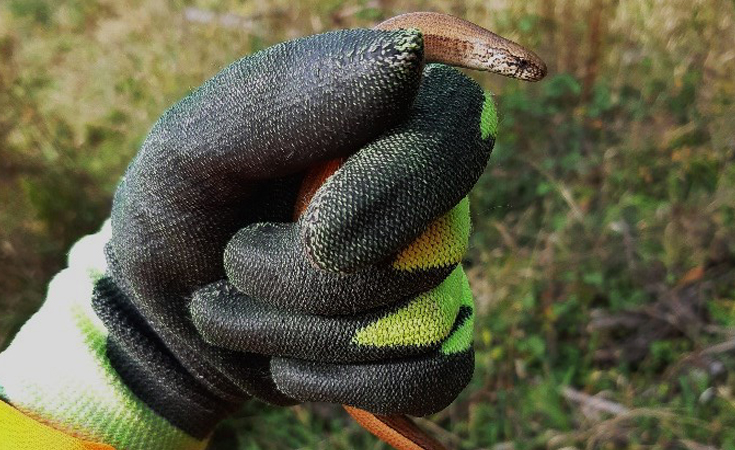
Jessica felt this opened the door to further field opportunities, securing her a master’s degree place in Conservation and Biodiversity, as well as a Field Surveyor position at Thomson, where she now has a permanent role.
“Volunteering was definitely the key to my career path. As well as teaching valuable skills, it showed that I was willing to dedicate time to my chosen field, beyond lectures and exams,”
Hannah Frame, Assistant Ecologist
Hannah volunteered for a local bird and hedgehog hospital alongside her university studies, digitising in-patient records and helping to analyse statistics. After volunteering with them for over a year, she was able to secure a two-week paid placement in order to complete this project, creating a report for them to publish for the local biodiversity records centre. Hannah believes these skills helped her in securing a role in the ecology sector.
“This role helped me become a self-motivated learner and taught me the importance of precision in my work. These skills have transferred well into the start of my career as an ecological consultant.”
Heather Clayson, Senior Ecologist
Heather takes part in National Dormouse Monitoring Programme box checks, helping her build ecological knowledge and experience in dormouse surveys. As well as providing valuable dormouse population data, her involvement in this project enables her to have a dynamic understanding of this protected species in her work at Thomson.
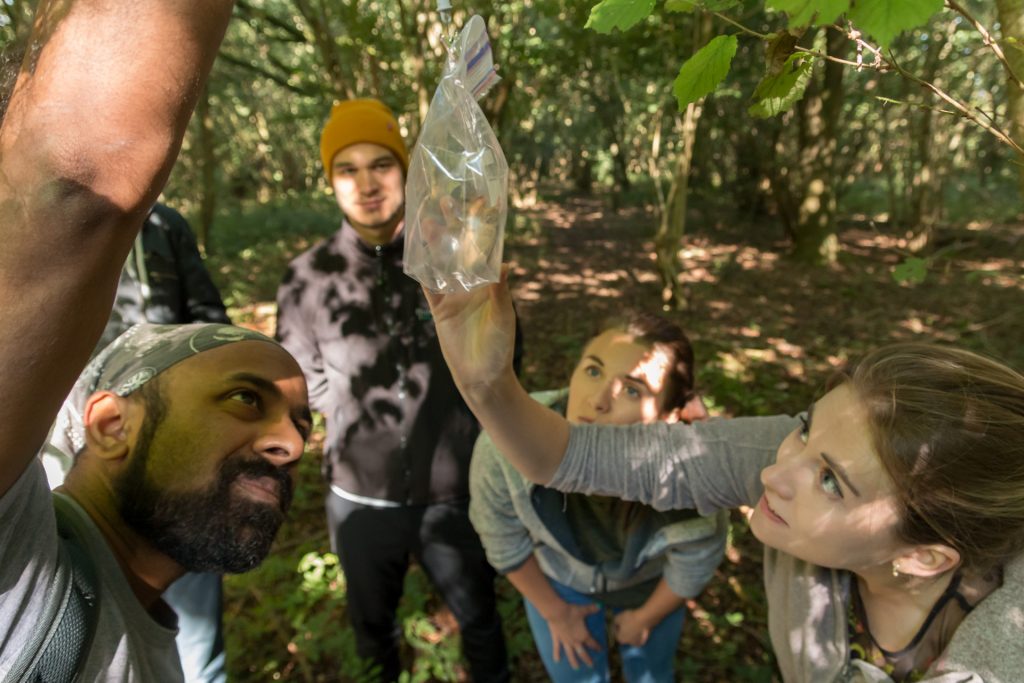
Heather has also used her skills to help organise and take part in a small mammal survey as part of the Mammal Society’s ‘Small Mammals in Woodland Project’ along with other Thomson employees, and feels the project has had many personal and professional benefits.
“These kinds of experiences can work as a really effective team building exercise and increase levels of trust between colleagues. By volunteering in your own time, you can further increase your experience undertaking surveys. You also gain ‘soft skills’ such as experience leading survey teams, and confidence presenting to and communicating with large groups of people.”
She agrees that her volunteering gives a better understanding of the subject area of interest and helps build skills necessary for work.
“It’s good stress relief. It’s good to get outside, and nice to work with other people who are interested in wildlife and expand your network.”
Volunteering further afield
Volunteering on a regular basis doesn’t work for everyone, especially those ecologists with more dynamic schedules, leading many to opt for a ‘volunteering holiday’.
Whether in the UK or abroad, travelling somewhere new is an excellent way to learn about issues facing communities and ecosystems that you may never have known about otherwise and will broaden your perspective into new areas.
Alex Charlesworth, Freshwater Ecologist
Alex volunteered for three years in Honduras and Madagascar as a dive master, project leader and volunteer coordinator on marine research projects. He found that this helped develop leadership and problem-solving skills which have stood him in good stead during his work on ecological surveys, as well as being where he developed his love for fieldwork.
“It was these experiences that initially guided me in the pursuit of a career in ecology.”
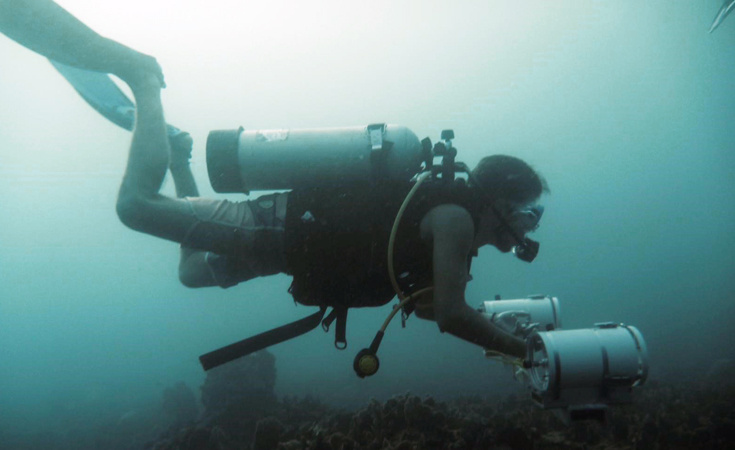
Benefiting the individual, charity and business
In summary, volunteering can be rewarding professionally as well as personally, benefiting the volunteer as well as providing a vital service to the charity or organisation. These benefits may take the form of specialised or interpersonal skills, helping you add value to yourself as an employee and broaden your knowledge of your field, or can set you on your desired career path.
At Thomson, the wide pool of volunteering experience allows employees to conduct a variety of protected species surveys, enriching other team members’ knowledge of ecology by sharing their skills.
If you have any ecological, freshwater or other environmental requirements that one of our experienced and highly skilled consultants can help with for your developments, please get in touch with us.
